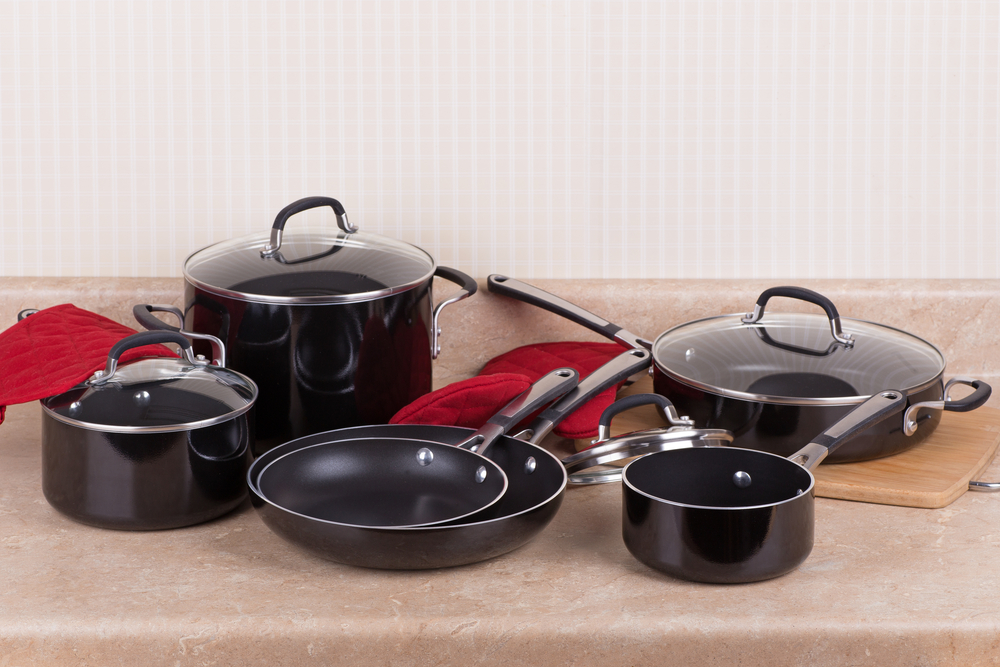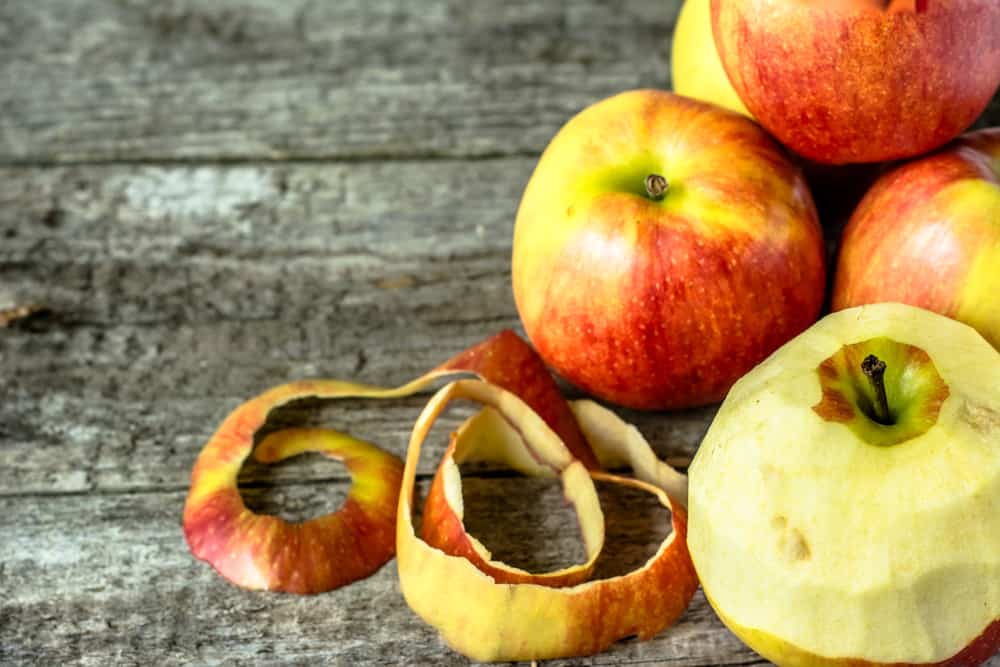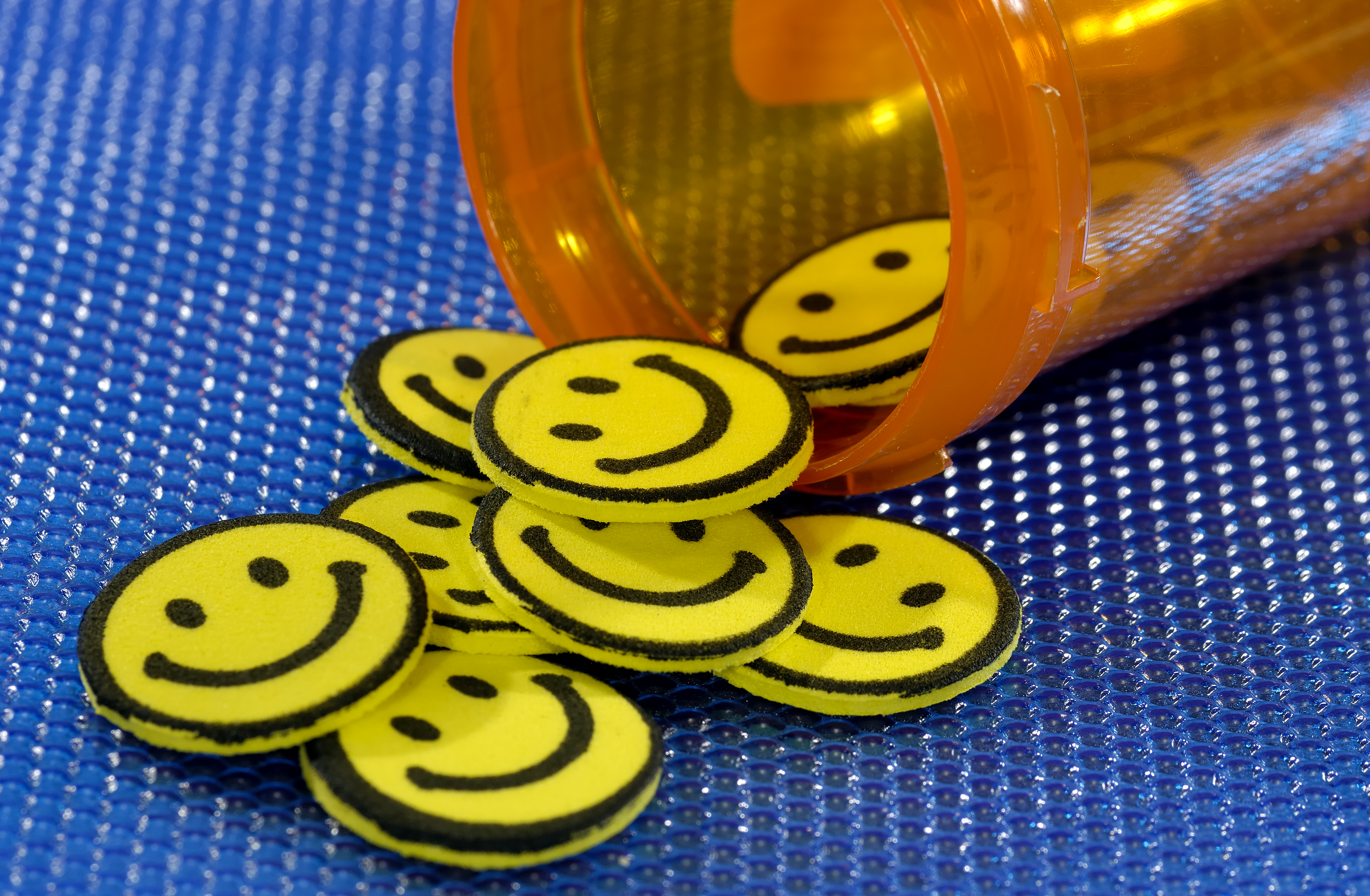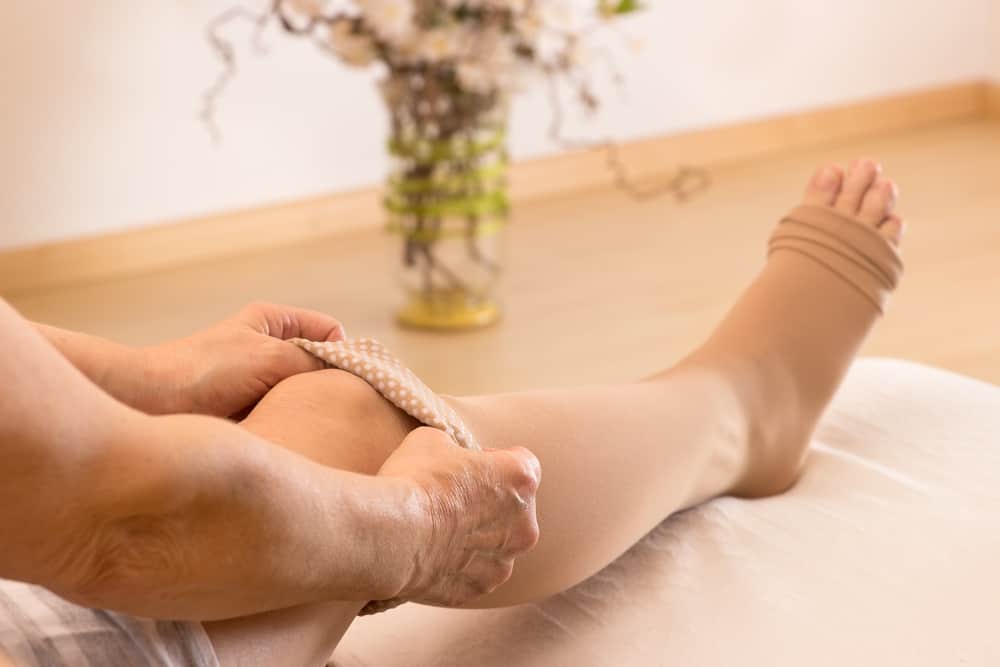Contents:
- Medical Video: 4 Types of Toxic Cookware to Avoid and 4 Safe Alternatives
- Teflon, a type of chemical that lines cookware
- Then, is it safe to cook with non-stick cookware?
- It is dangerous to use a non-stick cookware that is too hot
- Alternative non sticky cookware
Medical Video: 4 Types of Toxic Cookware to Avoid and 4 Safe Alternatives
Almost all housewives use non-stick pans and pans for daily cooking at home. The anti-stick coating is perfect for flipping pancakes, frying eggs or cooking delicate foods that are easily attached to a skillet or pan. However, non-stick coatings, such as Teflon, caused controversy. Some people claim that these ingredients are dangerous and related to health conditions such as cancer. While others insist that cooking with non-stick cookware is absolutely safe.
Teflon, a type of chemical that lines cookware
Various non-stick cookware, such as frying pans or frying pans, have been coated with a material called polytetrafluoroethylene (PTFE), commonly known as Teflon.
Teflon is a synthetic chemical consisting of carbon and fluorine atoms. This was first made in the 1930s, and provides a non-reactive, non-frictionless and almost non-friction surface.
The non-stick surface makes Teflon coated cookware comfortable to use and easy to clean. It also requires a little oil or butter, making it a healthy way to cook and fry food.
In addition, Teflon is also used to make wire and cable coatings, fabric and carpet protectors, and waterproof fabrics for outerwear such as raincoats.
However, using non-stick cooking utensils turned out to be a concern. This concern arises because a chemical called perfluorooctanoic acid (PFOA), which was previously used to produce nonstick cookware, is thought to have a detrimental effect on health.
Then, is it safe to cook with non-stick cookware?
Right now, all TFOlon products are free of PFOA. Therefore, the health effects of PFOA exposure are no longer a problem. However, PFOA was used in Teflon production until 2013.
While most PFOA in pots are usually burned at high temperatures during the manufacturing process, a small amount remains in the final product. Nonetheless, studies have found that Teflon cookware is not a significant source of PFOA exposure.
PFOA has been linked to several health conditions, including thyroid disorders, chronic kidney disease, liver disease and testicular cancer. This is also associated with infertility and low birth weight babies.
It is dangerous to use a non-stick cookware that is too hot
In general, Teflon is a safe and stable compound. However, at temperatures above 300 degrees Celsius, the Teflon coating on non-stick cookware starts to break down, releasing toxic chemicals into the air. Inhaling this smoke can cause polymer smoke fever, also known as Teflon flu.
Polymer smoke fever consists of temporary symptoms, such as flu, chills, fever, headaches and body aches. This symptom may occur 4-10 hours after exposure, and the condition will disappear within 12-48 hours.
Several small studies also reported more serious side effects from overheating Teflon, including lung damage.
However, in all reported cases, a person exposed to Teflon smoke is too hot at extreme temperatures of at least 730 degrees Fahrenheit or 390 degrees Celsius, and is exposed for a long time of at least four hours.
Alternative non sticky cookware
Modern nonstick cookware is generally considered safe. However, if you are still worried about one of the potential health effects, you can try other cooking alternatives.
Here are some alternative Teflon free cookware.
- Stainless steel, very good for sautéing and browning food. This is durable and scratch resistant. It is also safe to wash and easy to clean.
- Cast-iron cookware, not sticky, durable and can withstand temperatures above which are considered safe for non-stick pans and pans.
- Stoneware, can heat the dish evenly and not sticky when seasoned. It is also anti-scratch and can be heated to very high temperatures.
- Ceramic cookware,is a relatively new product, has very good non-sticky properties, but the coating is easily scratched.
- Silicone cooking utensils. Silicon is synthetic rubber, which is used in bakeries and kitchen utensils.












